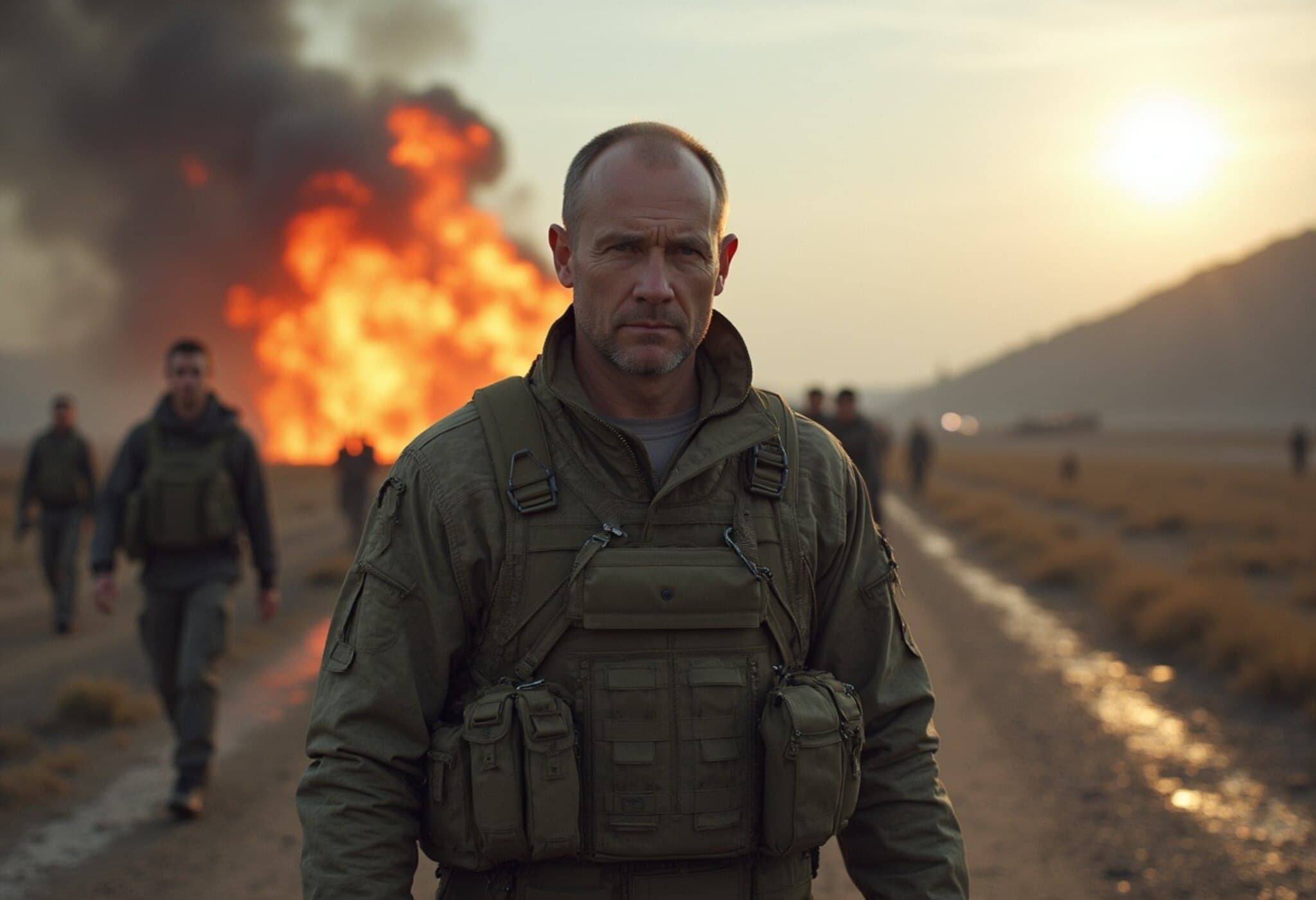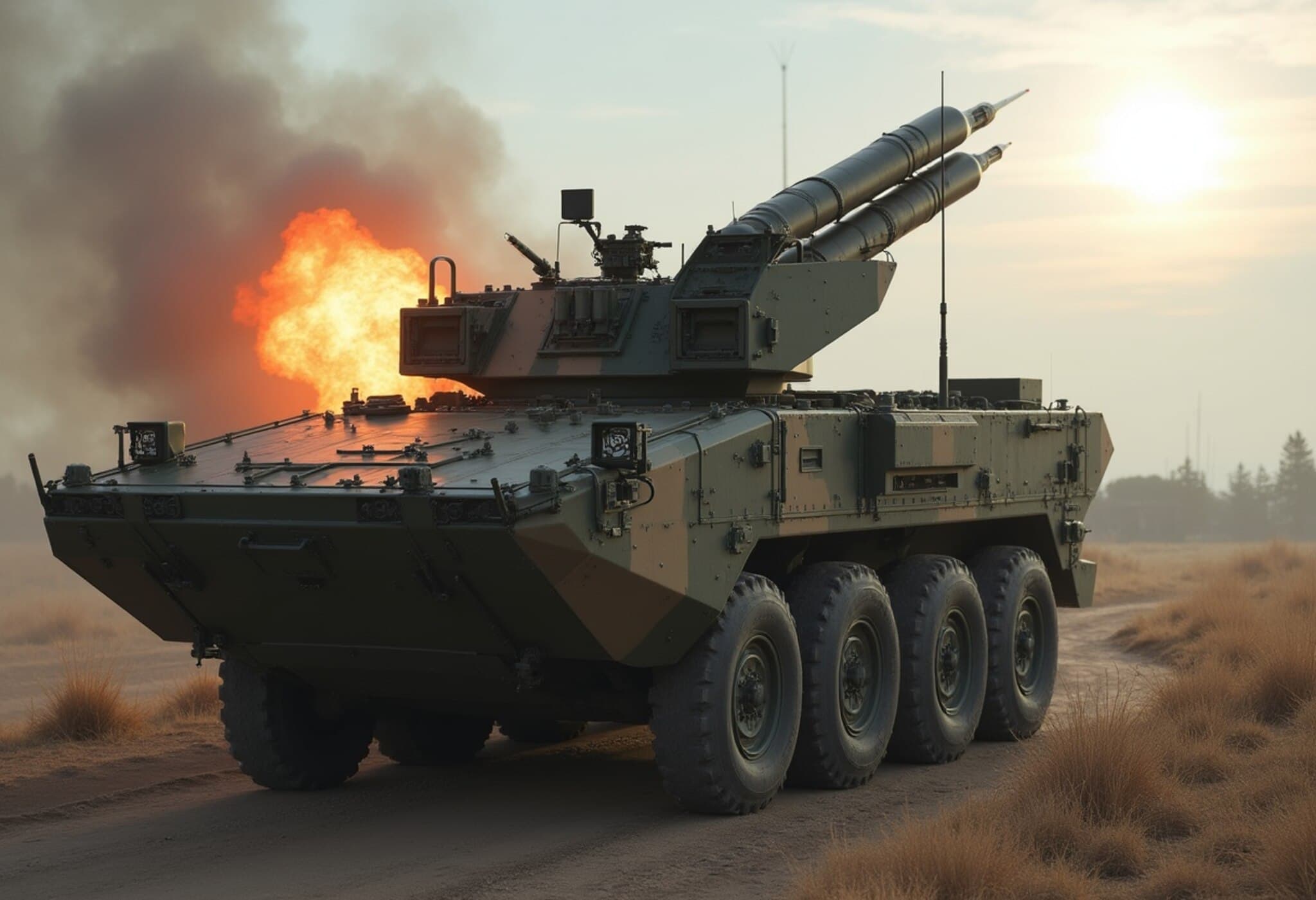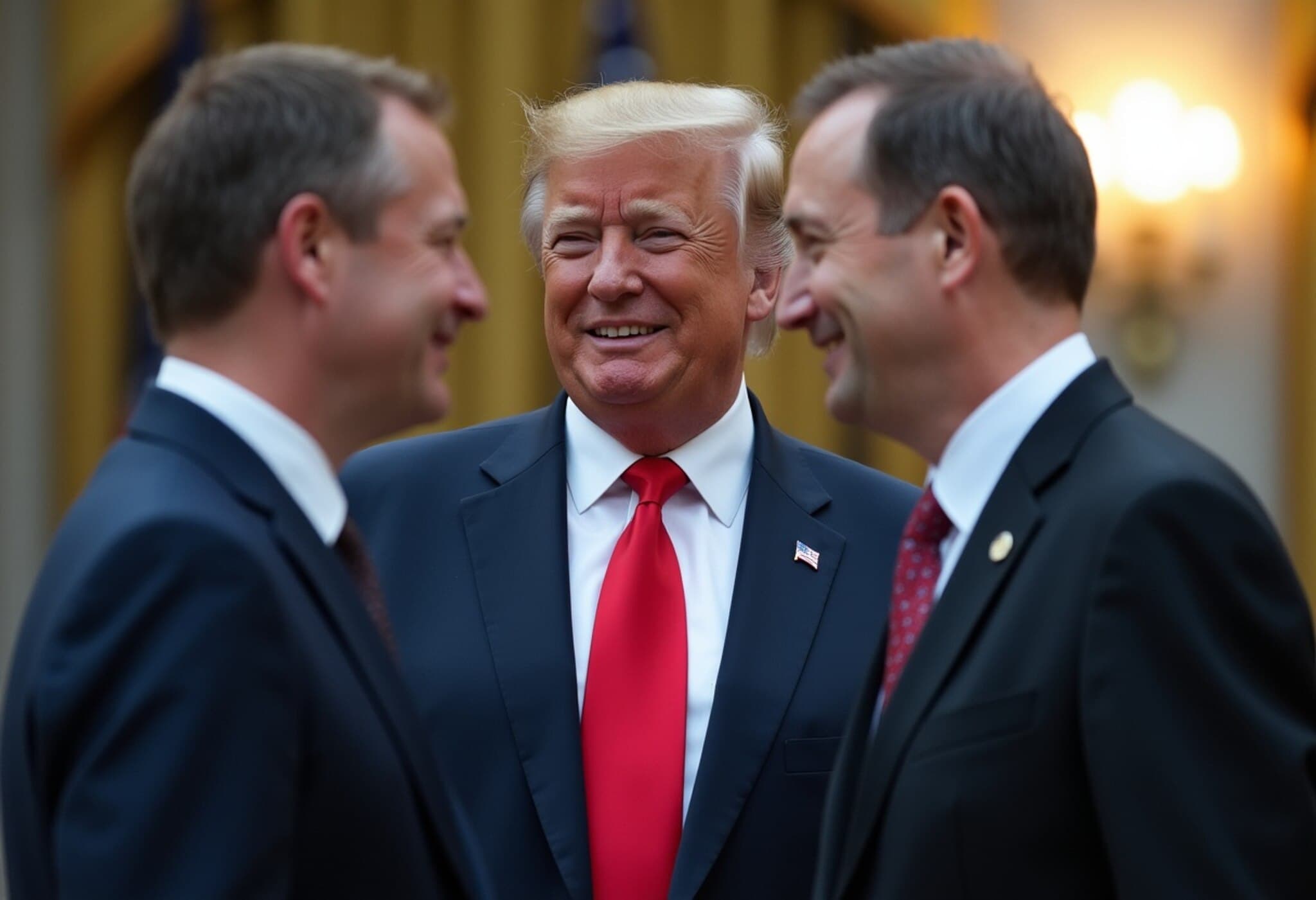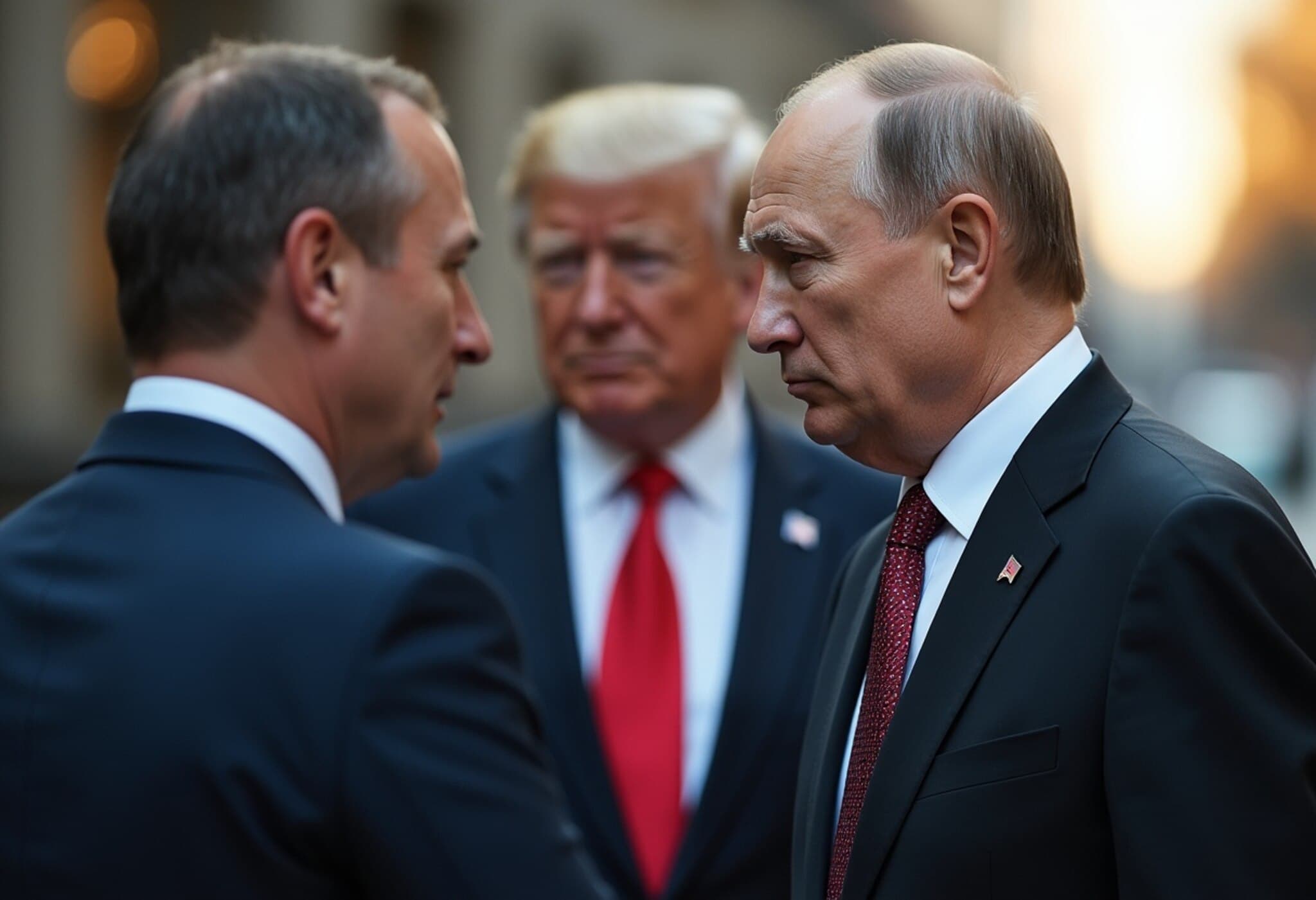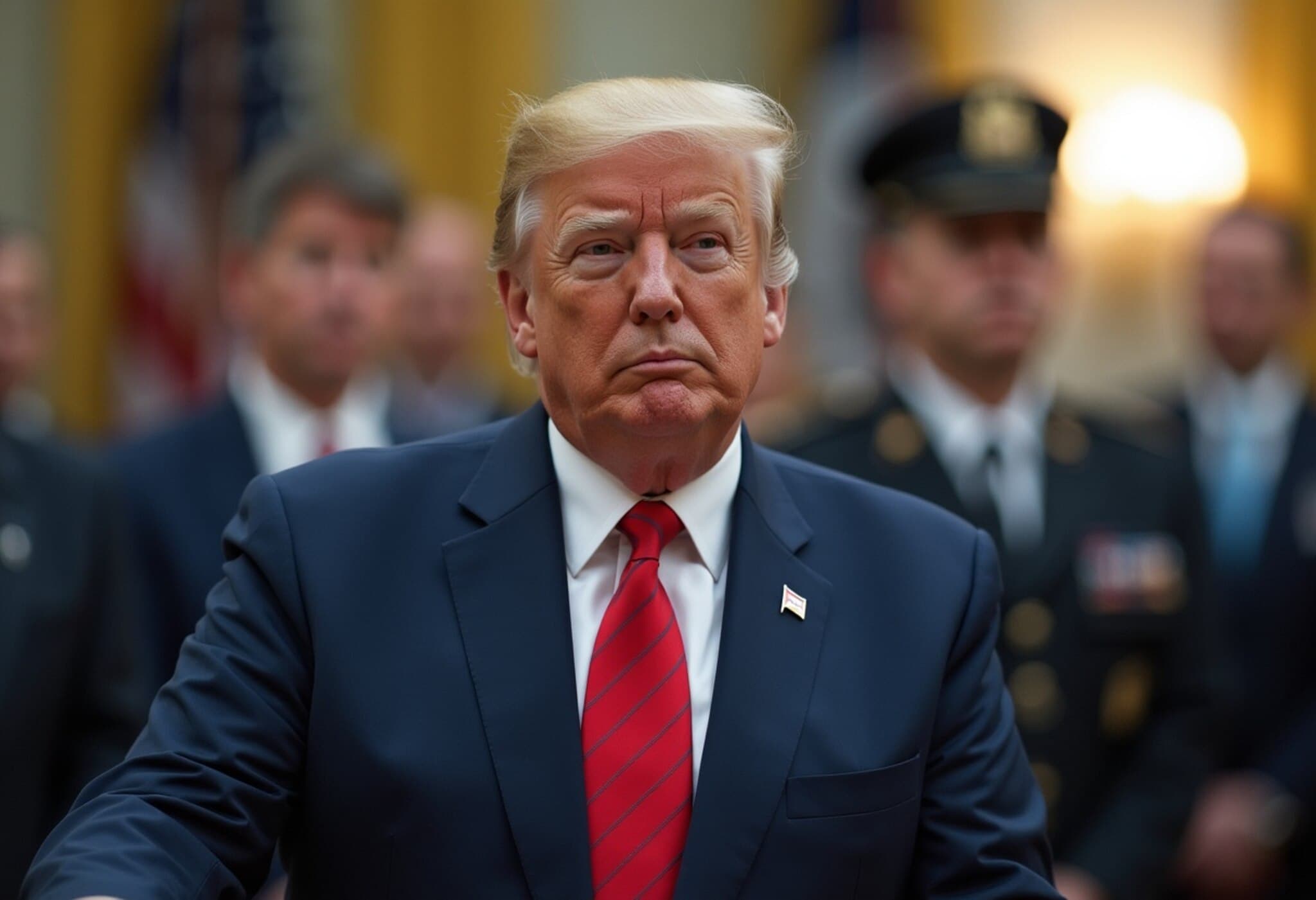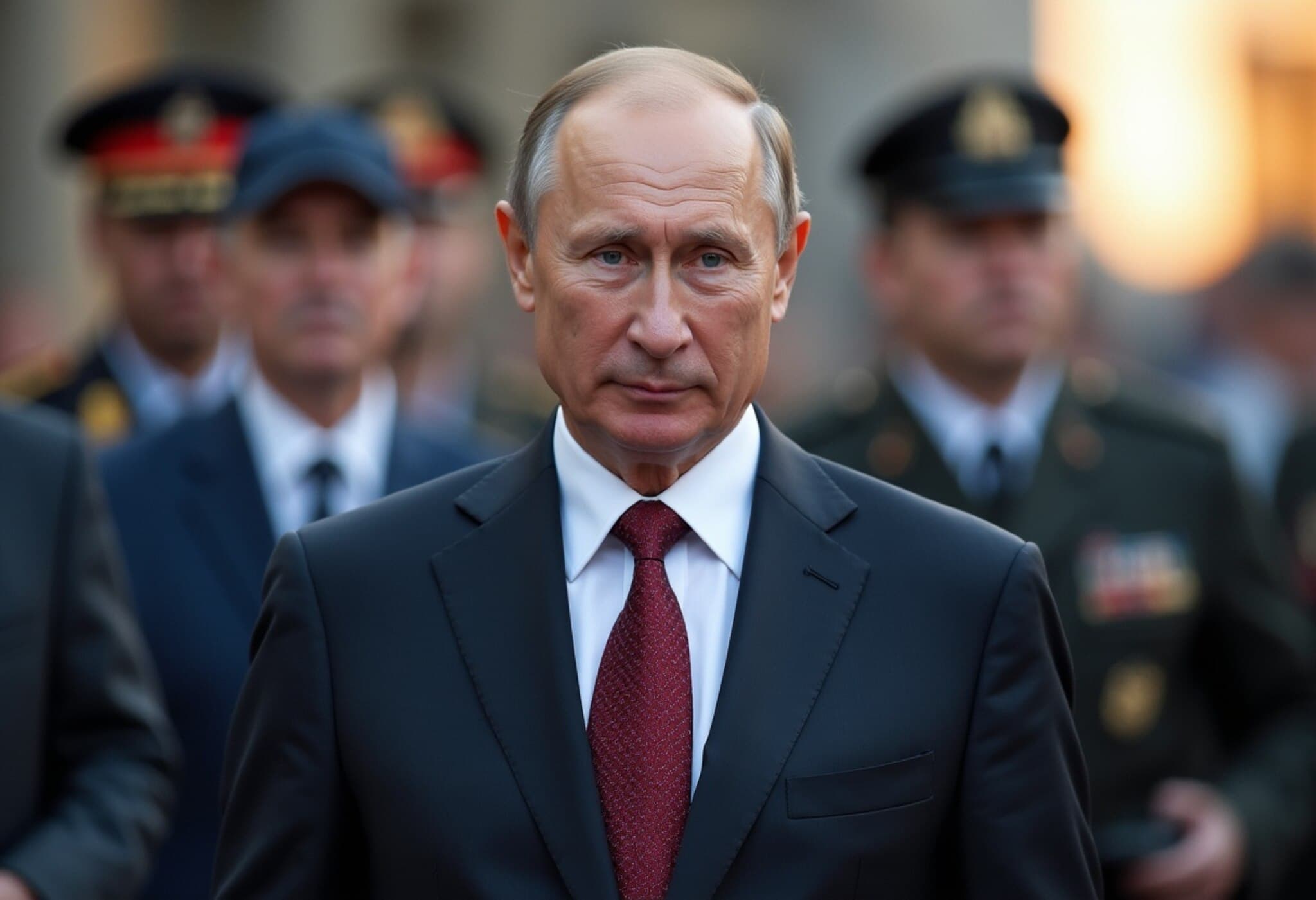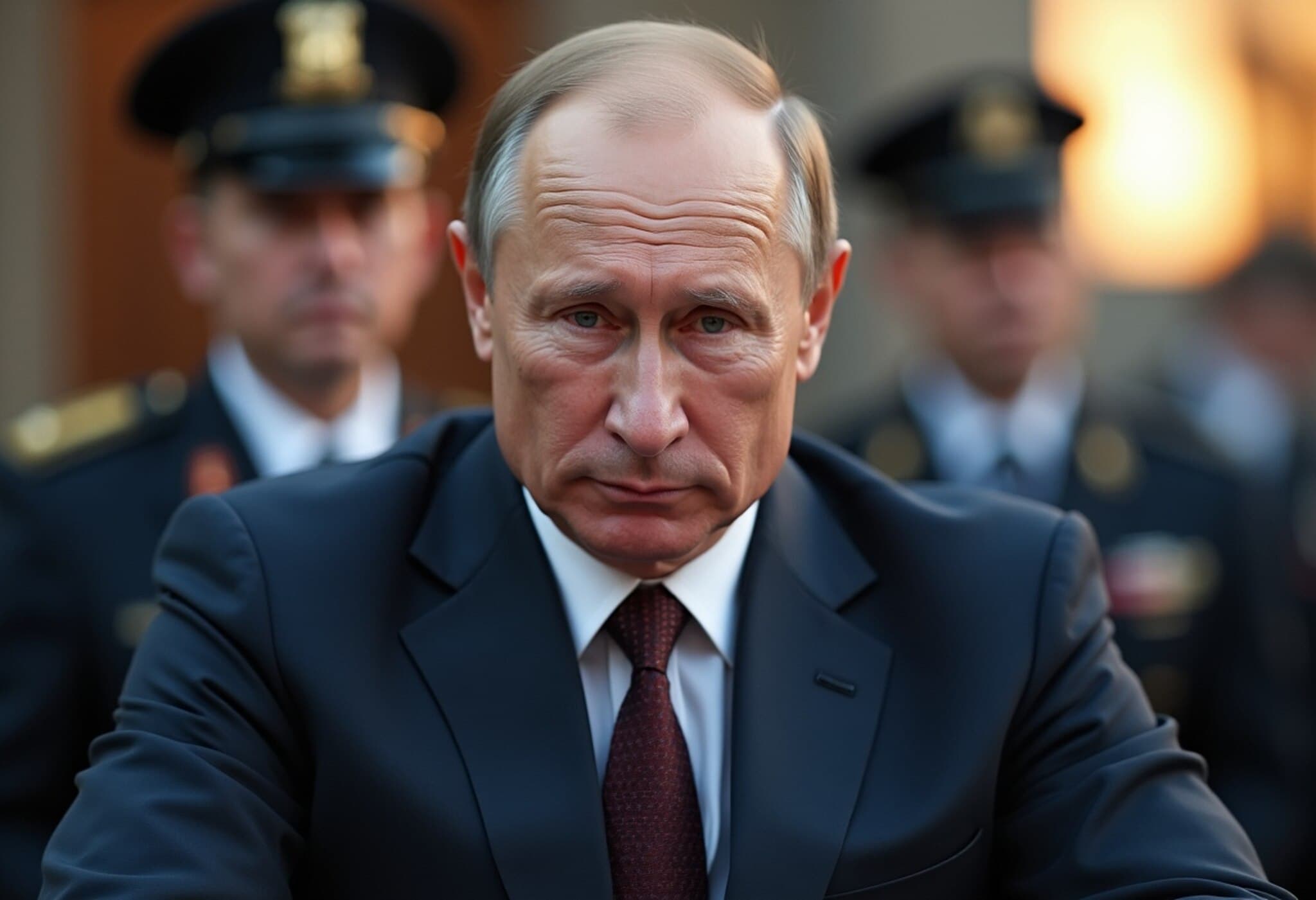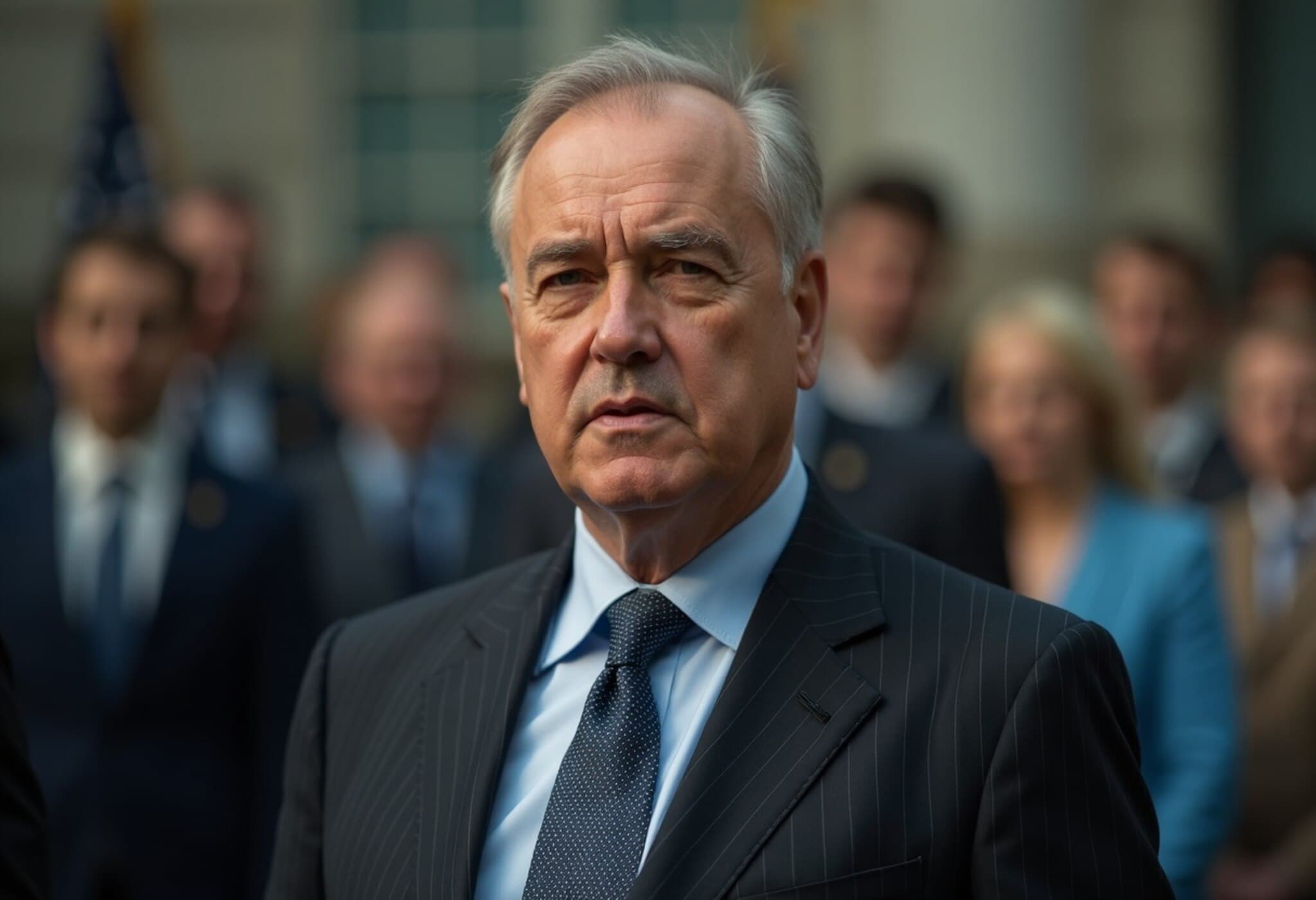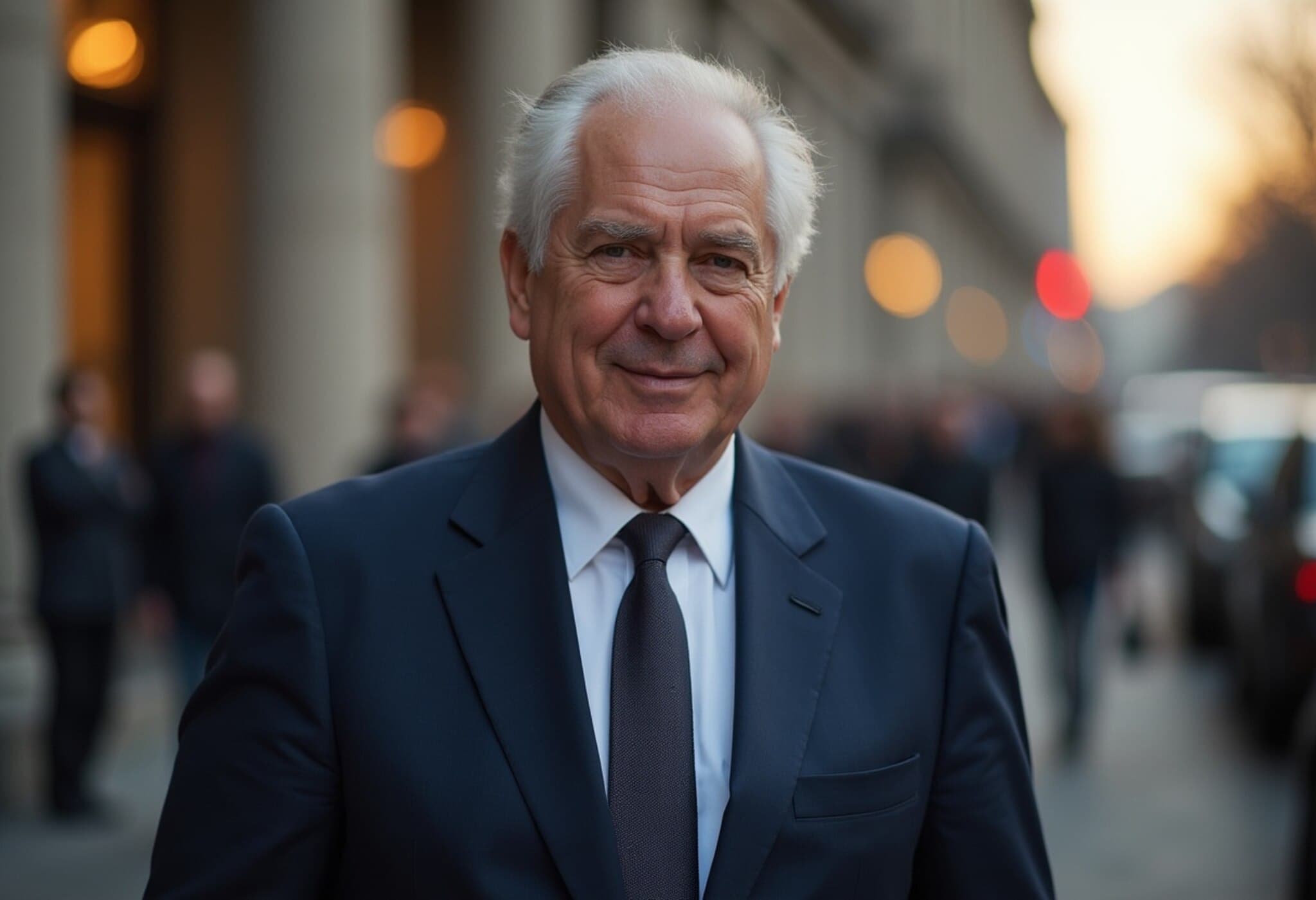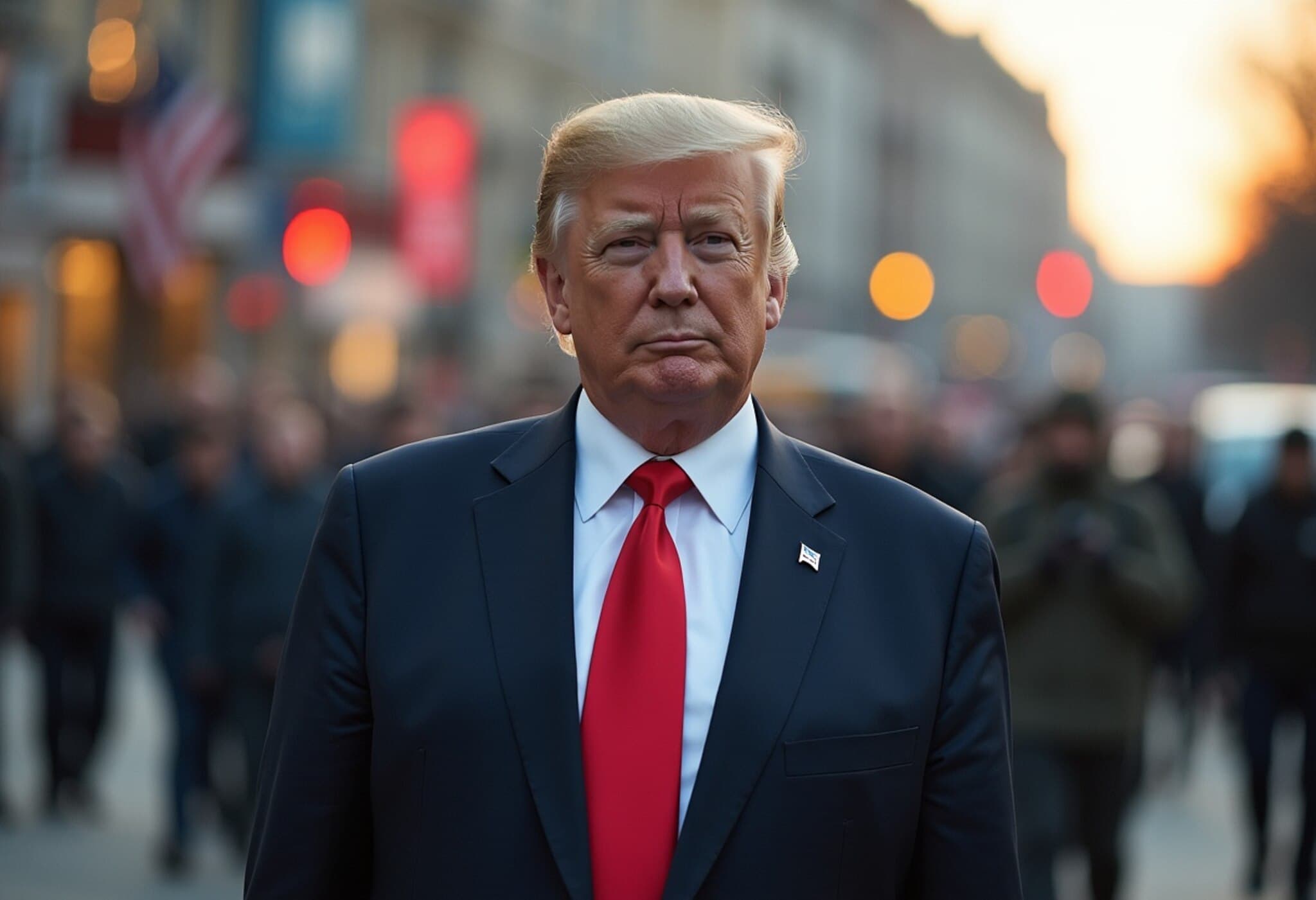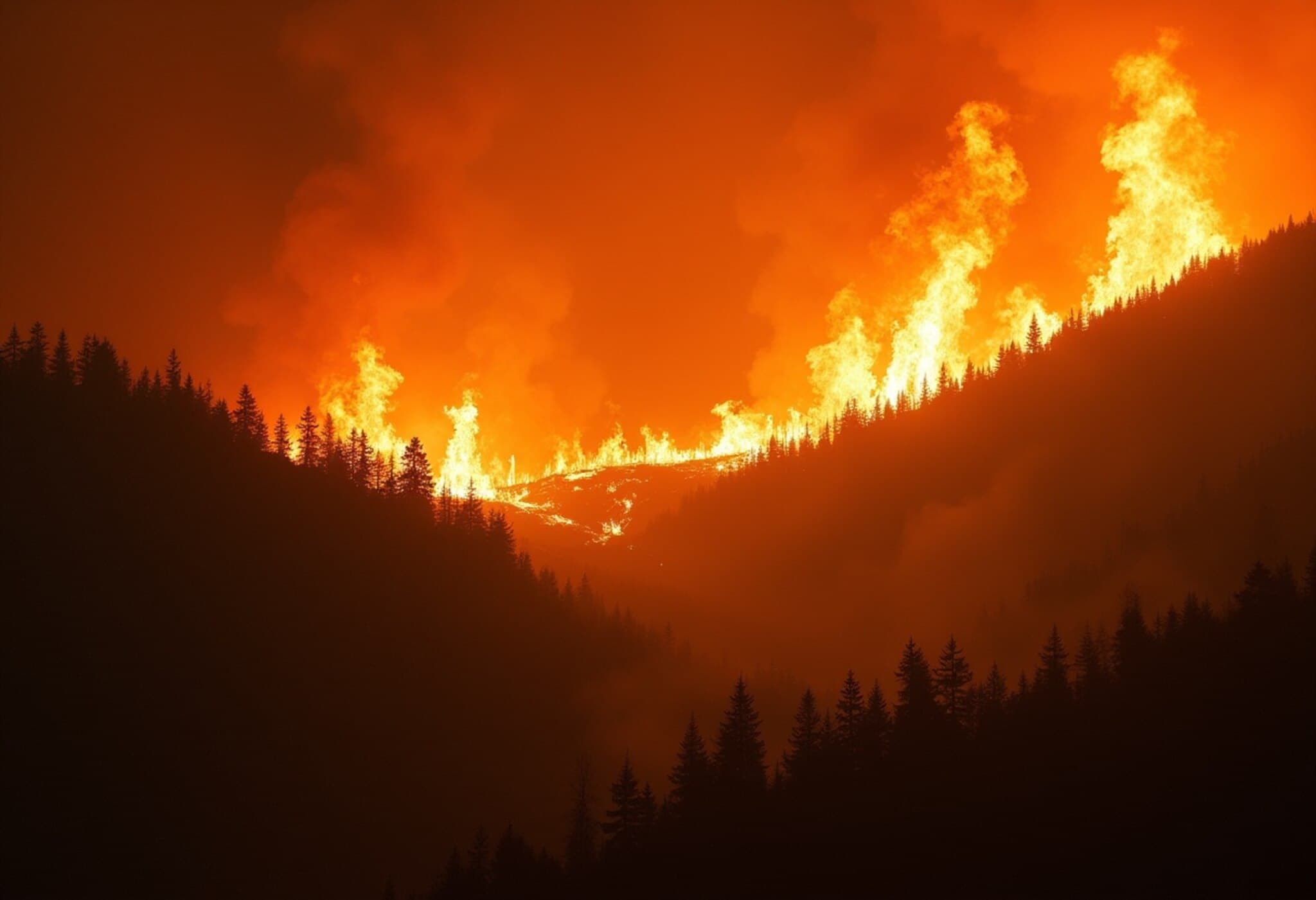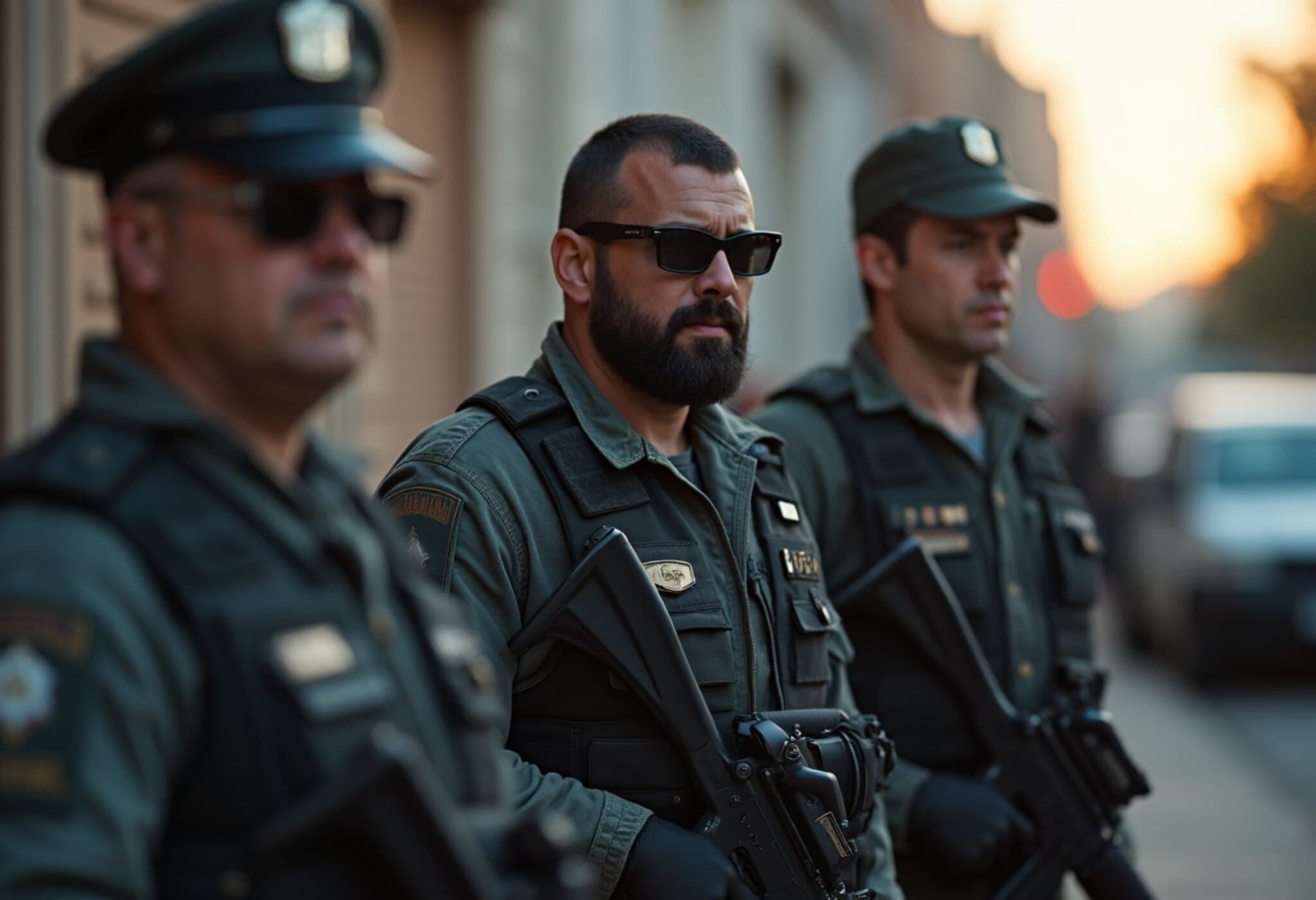Russian Forces Push Forward Amid High-Stakes Diplomacy
In a significant escalation on the eastern Ukrainian front, Russian troops have recently captured strategic areas around the city of Dobropillya, inching closer to the vital E50 highway that links key western territories. This rapid advance occurs just days before a pivotal summit in Alaska between Russian President Vladimir Putin and US President Donald Trump, where discussions over a potential ceasefire are expected to take center stage.
Behind the Frontlines: The Geopolitical Chessboard
President Putin’s insistence that any ceasefire deal must include territorial concessions has raised alarms internationally. His moves are not merely tactical but deeply political, underscoring Moscow’s long-standing ambition to absorb parts of Ukraine’s Donetsk and Luhansk regions. These areas, collectively known as the Donbas, have endured intense fighting and are pivotal to the future of Ukraine’s sovereignty.
Zelensky’s Undeterred Stance
Ukrainian President Volodymyr Zelensky, notably excluded from the Alaska talks, has firmly rejected any notion of ceding the Donbas or other territories as part of peace negotiations. His recent statement underlines a broader international concern: that yielding land to an aggressor might only embolden further incursions.
“We see that the Russian army is not preparing to end the war,” Zelensky stressed. “They are preparing new offensives, and the unity of the world must not falter.”
The Military Reality on the Ground
Reports from Ukraine’s General Staff confirm intense defensive battles as Russian forces try to bypass Ukrainian positions near the Golden Well settlement, a strategic point on their path westward. Despite challenging conditions and ongoing skirmishes, Ukrainian defenders are actively countering advances, employing intelligence and tactical measures to neutralize enemy groups.
Independent monitoring sources, including the DeepState war map and several international media outlets, indicate that Russian forces have pushed forward by approximately 10 kilometers in recent days, a significant gain after months of stalemate.
International Dynamics and Concerns
As US President Donald Trump prepares for discussions with Putin, there is an emerging divide within the European Union regarding the approach towards peace and territorial integrity. European Commission President Ursula von der Leyen has voiced strong opposition to any form of land-swapping, emphasizing the inviolability of international borders and the rights of Ukrainians to self-determination.
- European Union’s position: No territory should change hands through force; Ukraine’s sovereignty must prevail.
- Hungary’s dissent: Hungarian Prime Minister Viktor Orbán, who maintains close ties with Russia, has distanced himself from this consensus, reflecting fractures within the EU concerning Russia policy.
Trump’s Perspective Raises Eyebrows
In recent remarks, President Trump expressed admiration for both Putin and Orbán, even quoting the latter’s skepticism about Ukraine’s chances against Russia. This has fueled fears among analysts that US diplomacy might underplay European and Ukrainian stakes in favor of expedient deals.
Regional Security at a Crossroads
Experts warn that any perceived concessions by Western leaders could embolden Russia’s wider ambitions beyond Ukraine, particularly given Russian military deployments near Finland and longstanding territorial claims on Baltic states. The implications for NATO’s eastern flank are profound, raising questions about the future stability of European borders.
Expert Insight:
Dr. Elizabeth Hammond, a senior analyst at the Atlantic Council, points out: "The unfolding situation is not just a military contest but a test of the international order. How the West responds to Putin’s demands will set a precedent for conflicts worldwide where territorial integrity is challenged by force."
What Lies Ahead?
As the diplomatic clock ticks down to the Alaska summit, the world watches closely. Will pragmatism prevail with a ceasefire, or will hardline stances deepen divisions, risking further escalation? For Ukraine, the stakes could not be higher — the fight is not just for land, but for the very principle that borders must be respected.
Editor’s Note
This evolving crisis spotlights the intricate interplay between military actions and international diplomacy. While battlefield gains grab headlines, the underlying question remains: can peace be brokered without compromising Ukraine’s sovereignty—or will short-term deals sow long-term instability? Observers should watch closely how the Alaska talks unfold and the broader global response, as these will shape the future of European security and the upholding of international law.

